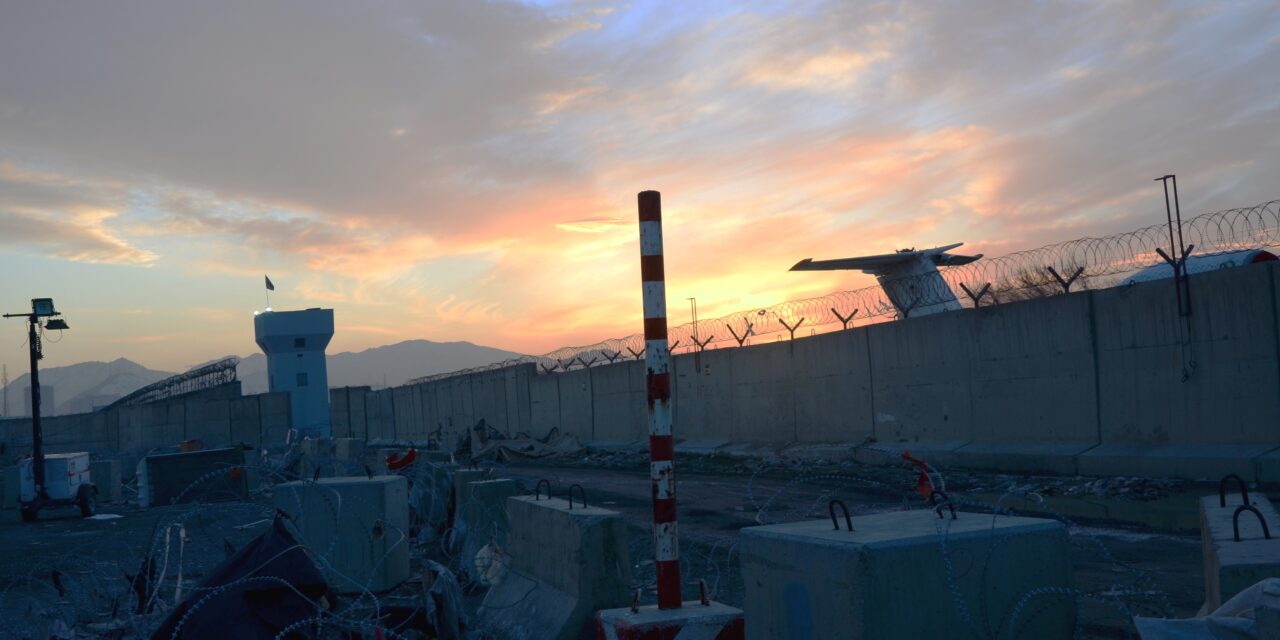It has been two years since the Taliban takeover of Afghanistan. As an Afghan-American attorney who has practiced immigration law and had been actively involved in many humanitarian and women’s rights programs, it was a life-changing event for me. For the first month of the evacuation, my life felt like I was working in a crisis center. I received hundreds of calls and messages of distress from Afghans across the country, asking for help. I had some extended family members who were living and working in Kabul and knew many women leaders personally, whom I had interviewed as a journalist or met at conferences or events.
Since that time, I have gained experience filing Humanitarian Parole applications for Afghan nationals overseas, which were more like “mini-asylum” cases and became a grueling legal and emotional journey with the families. I also began to represent clients in affirmative asylum cases and worked pro bono on many Special Immigrant Visas (SIV) cases and resettlement efforts of Afghans at risk in third countries. I even traveled to Lisbon, Portugal and Madrid, Spain to seek humanitarian visas for Afghans at risk, but met with only limited success, helping five families of women activists resettle in those countries when hundreds were in need of urgent relocation. I also spoke to any media outlet who would cover the story, including BBC World News, Al Jazeera, CBS News, Vice, and Fox News. I provided information to journalists regarding the challenges for Afghan women and refugees, as well as the obstacles for legal immigration to the United States.
Through the adversity and obstacles and emotional toll of the work, there were moments of happiness where a small victory brought great joy: assisting two children leave an abusive father’s home and get to the safety of the United States to be reunited with their mother; helping a single Afghan female and numerous S SIV applicants and women leaders get access to Kabul Airport or on evacuation flights out of Mazar-e-Sharif to the Humanitarian City in the UAE during the chaotic evacuation period; getting conditional approval for a mother and her two young daughters under ten who were separated from their father during the evacuation and had to flee to two separate countries over 1 ½ years and then seeing the photo of them being reunited with their father at Dulles Airport; and getting approvals for family based immigration cases so that the family members were able to enter the U.S. lawfully and begin a new life. These victories kept me going through the difficult days representing families in these extremely hard situations of conflict, lack of jobs, high visa and travel costs to get safely to third countries, and long wait times. On many days, I was serving more as a therapist, counselor or life coach to clients than their attorney as the mental and emotional toll was leading to anxiety, depression, and anger.
There are times when immigration is not just a pathway or opportunity for a better life but is in reality the only opportunity to survive. That is what Afghan nationals, especially those with immediate family members in the United States or those who worked with the US government, are facing today. Two years later, the effort continues and is as important as ever. I believe that the continued advocacy efforts of the AILA community to request faster processing of Humanitarian Parole cases for Afghan nationals, the creation of a Refugee Support Center in Pakistan or other neighboring country so that the thousands of P2 “Priority Refugees” can have their cases processed, and creating a streamlined path to permanent residency for our Afghan Allies is critical. We are a powerful voice for immigrants and we must continue to speak out for those Afghans who so desperately need our support.
AILA and other advocacy groups continue to press for legislative and policy changes to help – every person, whether an immigration attorney or not, can help by participating in the Take Action on the Afghan Adjustment Act today.







